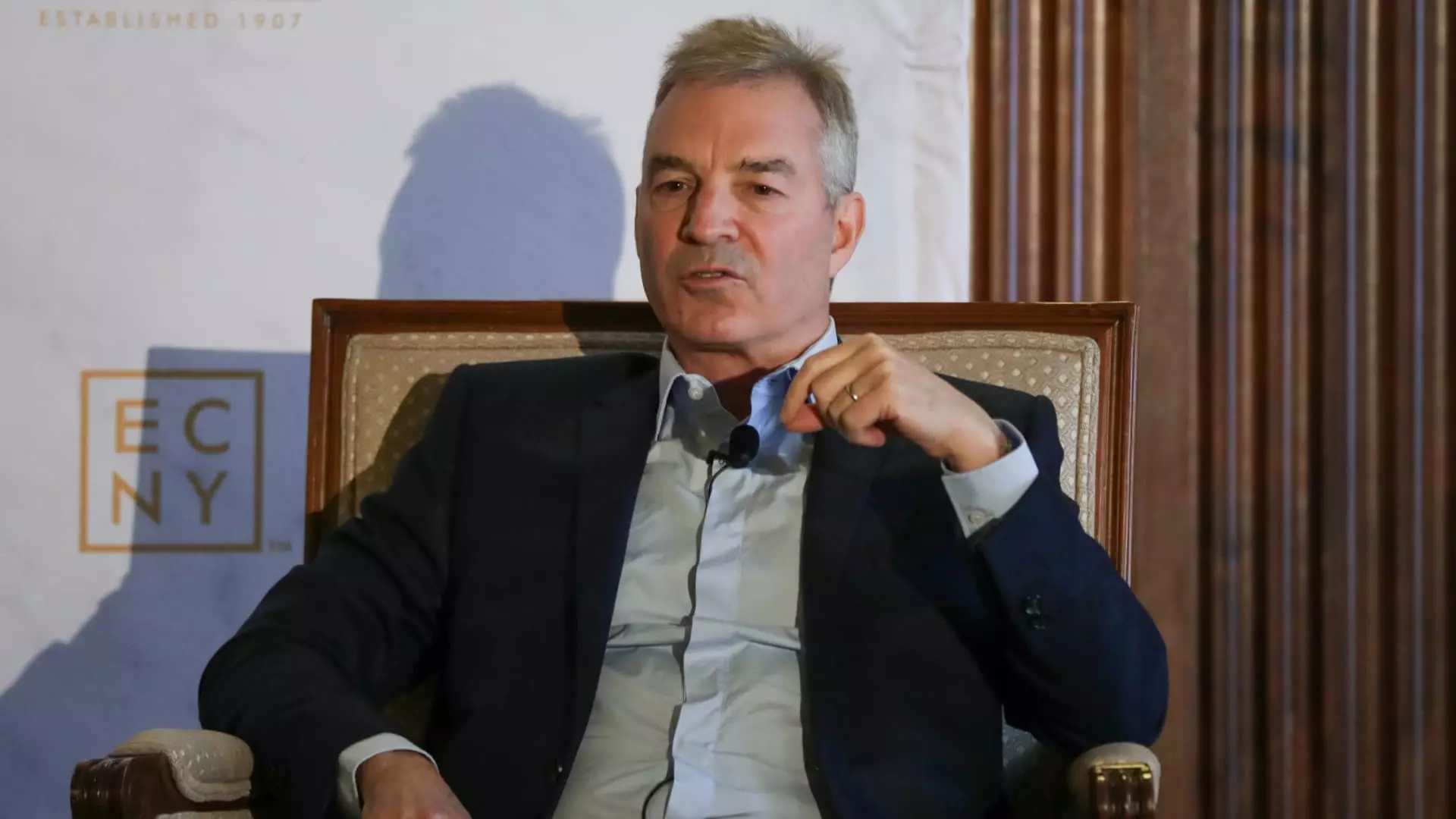As we navigate through the maelstrom of modern investment landscapes, one undeniable fact emerges: adaptability is no longer just an advantage; it is essential for survival. Daniel Loeb, the mastermind behind the hedge fund Third Point, embodies this principle as he celebrates a significant milestone—30 years in the financial sphere. In an era where artificial intelligence (AI) is seemingly redefining the rules of engagement, Loeb’s commitment to leveraging AI rather than being overwhelmed by it is a lesson for every investor. The fintech world is no longer simply about selecting stocks based on traditional fundamentals; it’s about understanding how technology, particularly AI, can reshape markets and create opportunities that were previously unimaginable.
The risks associated with AI are significant. An investor stands to either thrive as a beneficiary of technological progress or become proverbial roadkill in the relentless march of innovation. Loeb’s perspective on AI is a wake-up call; it serves as a stark reminder that we aren’t passive spectators in this digital revolution, but rather active participants navigating uncharted waters. Maintaining an agile mindset while integrating AI into our investment frameworks is key to ensuring that we remain ahead of the curve.
The Pioneering Spirit of a 30-Year Veteran
Initially entering the investment arena with a modest $3.2 million drawn from personal contacts, Loeb’s trajectory has been anything but ordinary. Today, Third Point boasts assets exceeding $20 billion, a testament to his audacity and strategic foresight. He has endured multiple market upheavals—from the dotcom bubble to the 2008 financial crisis—and has emerged not just unscathed, but victorious. Notably, Loeb’s approach to AI is not merely inclusionary; it’s deeply interwoven with his strategic investment philosophy.
His portfolio reflects a fascinating dichotomy between legacy tech giants—like Meta, Nvidia, and Amazon—and emerging players in the AI ecosystem, such as the London Stock Exchange Group and Taiwan Semiconductor Manufacturing. Unlike many investors who perceive AI as a buzzword or fleeting trend, Loeb views it as an essential metric in evaluating investments’ potential. By benchmarking companies on their AI adoption and applications, he sets a high standard that aligns with my belief that successful investing must embrace innovation while scrutinizing companies’ strategic implementations.
Unpacking Market Strategies amid Uncertainty
In a world characterized by short-term unpredictability, patience and discernment are vital attributes. Loeb anticipates a vitamin-deficient economic environment, predicting slow growth around 1% unless unforeseen events disrupt the status quo. However, his belief in rewarding quality investments priced fairly provides a glimmer of hope in a pessimistic economic landscape. While some investors may flinch in the face of uncertainty, Loeb advocates for a return to fundamentals, encouraging a focus not merely on shock-value growth companies but on those with concrete value propositions.
This belief is reflected in his recent re-engagement with U.S. Steel, a company that epitomizes the labyrinthine nature of market dynamics. Loeb recognizes the potential of U.S. Steel’s relationship with Nippon Steel as a prime example of how traditional industries can find relevance in today’s AI-driven ecosystem. Such calculated bets resonate with the philosophical core of center-right wing liberalism, which values individual agency and the capacity for innovation and traditional sectors to coexist and thrive.
Redefining Expectations for the Future
Loeb’s candid commentary about the near future elicits a warming sense of opportunity amidst uncertainty. While the specter of market downturns looms, his insights suggest that a thoughtful, long-term investment strategy grounded in substantial growth and fair valuations may yield rewarding outcomes. Unlike impulsive investors reacting to every market fluctuation, Loeb’s approach is a call to think long-term, a significant departure from today’s reactive trading mentality.
The financial realm cannot shy away from the reality that AI will continue to shape investor narratives and dictate market dynamics. The winners will be those who not only embrace change but actively seek it out. For investors aspiring to navigate this tumultuous terrain, there is no alternative: adapt or become obsolete. Loeb’s philosophy serves as both a motivation and a challenge—a clarion call to invest with foresight while leveraging technology as a vital tool to secure financial futures in an ever-evolving landscape.

